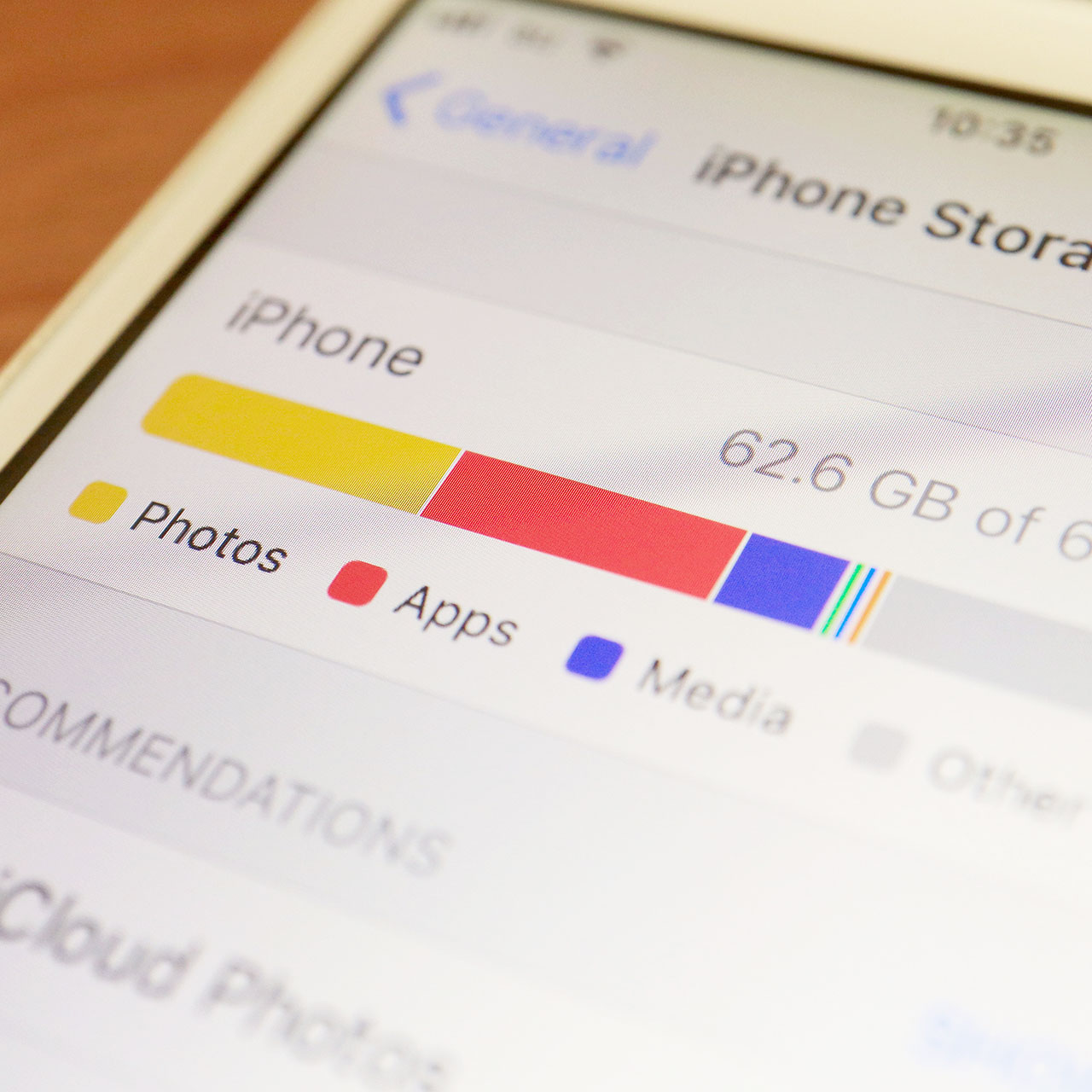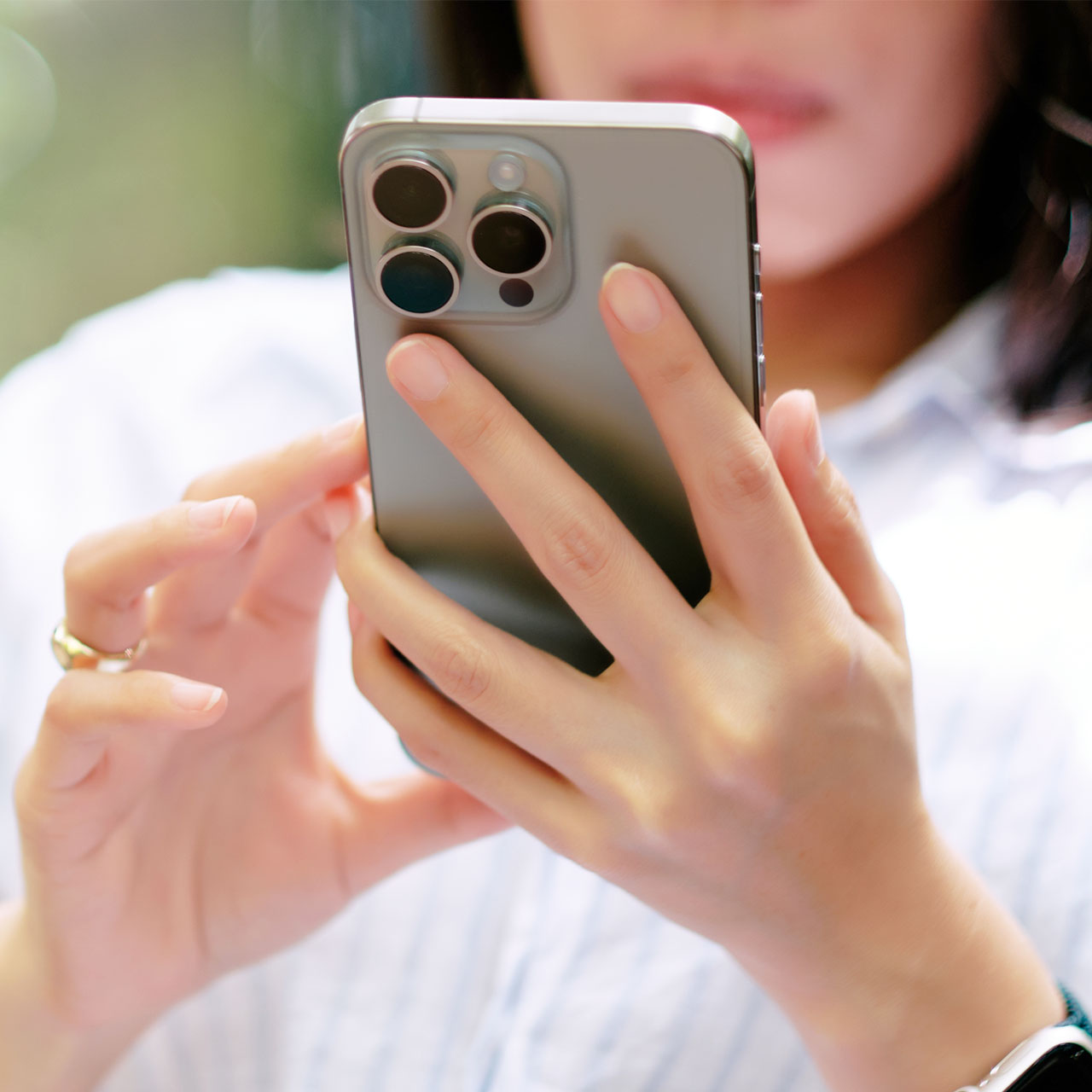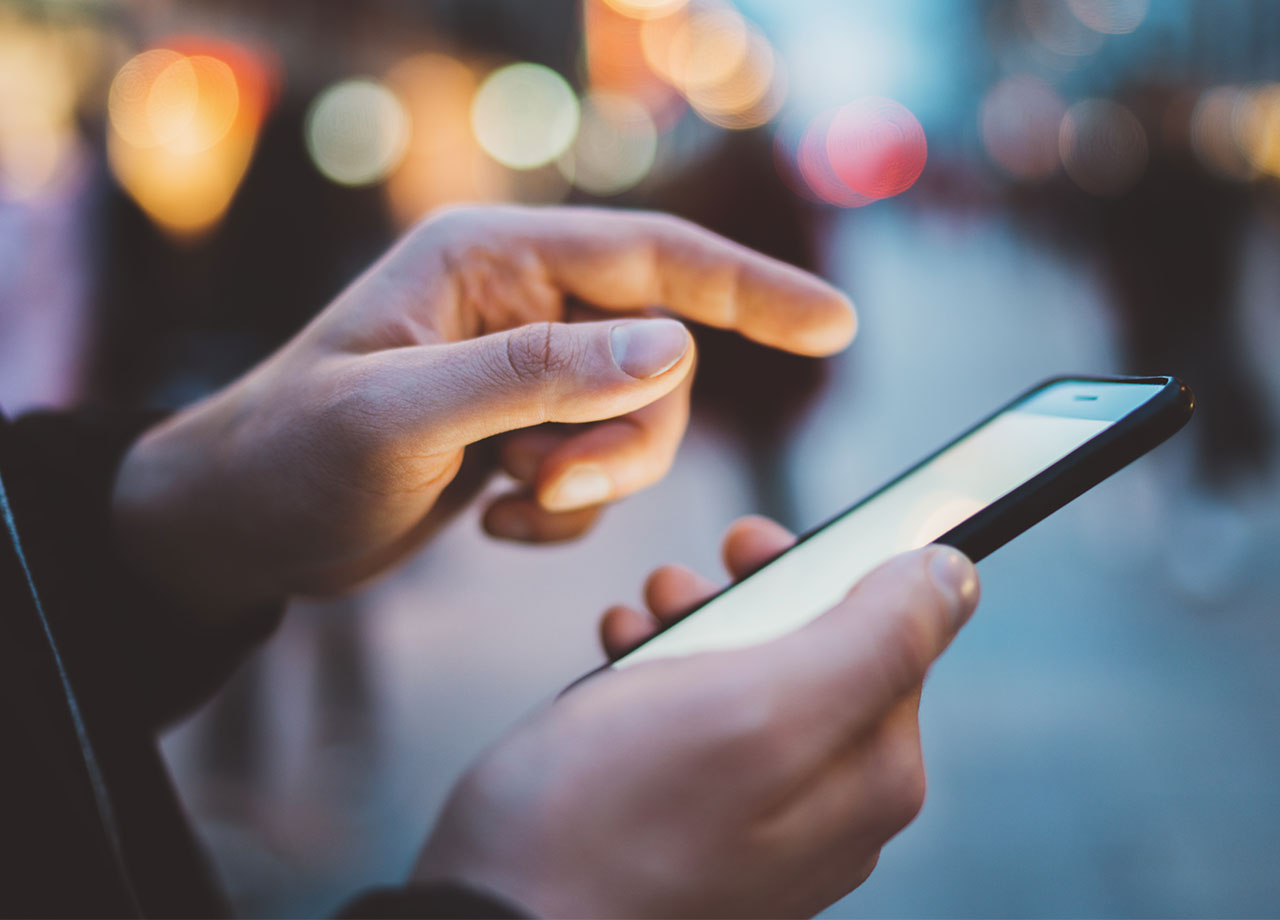This is an archived article and the information in the story may be outdated. Please check the time stamp on the story to see when it was updated last.
Few apps are perfect — but some apps can be downright flawed when it comes to taking the proper security measures to protect your privacy.
At the top of many tech experts’ lists of least protected apps you might be surprised to find a few very popular social media apps — including one that is widely used in a number of countries.
This is the one app you should delete right now to keep your iPhone from getting hacked, according to a security expert.


Last year, the software developers of the super-popular social media app WhatsApp admitted there was a security flaw in the app that could allow hackers to read messages after sending a malicious video file opened by users.
According to The Independent: “The Facebook-owned messaging app posted a security advisory about the bug, named CVE-2019-11931, which affects earlier versions of the app on both Android and iOS devices.”
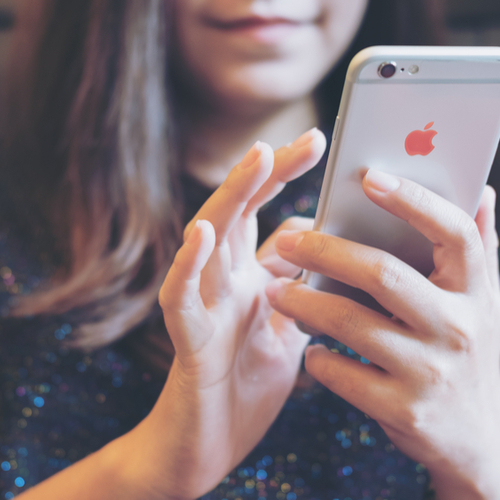
WhatsApp also admitted that many activists and journalists had been targeted with spyware and that around 1,400 WhatsApp users received emails from the app advising that they upgrade to the latest version of WhatsApp to prevent malware from being installed on their devices.
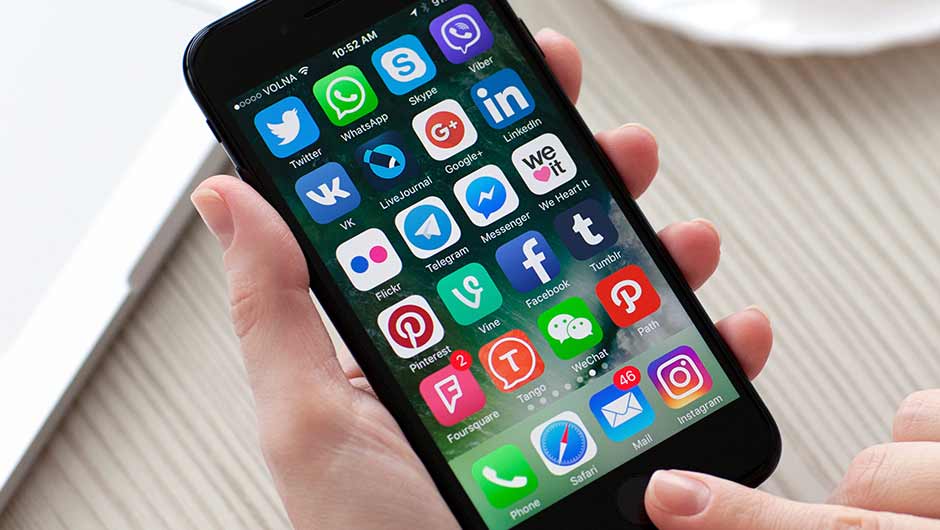
The hack threat from WhatsApp affected Google Android, Apple iOS, and Microsoft Windows, according to The Hacker News. And ensuring that your device’s software is completely up to date is extremely important:
According to an advisory published by Facebook, which owns WhatsApp, the list of affected app versions are as follows:
Android versions before 2.19.274
iOS versions before 2.19.100
Enterprise Client versions before 2.25.3
Windows Phone versions before and including 2.18.368
Business for Android versions before 2.19.104
Business for iOS versions before 2.19.100
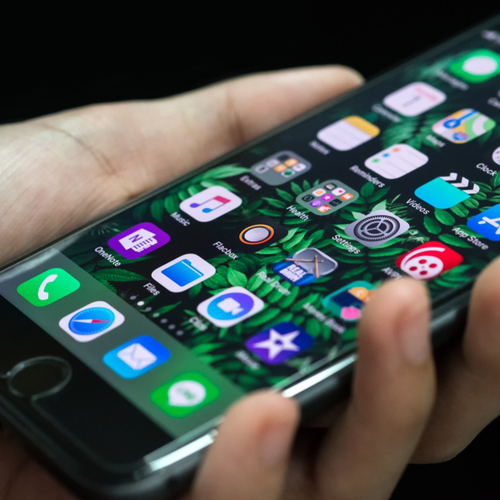
You can delete WhatsApp, but doing so isn’t necessarily going to prevent future hacks from other apps. The best thing to remember, across the board and with all apps, is to NEVER click on links that are sent to you from unknown origins.












